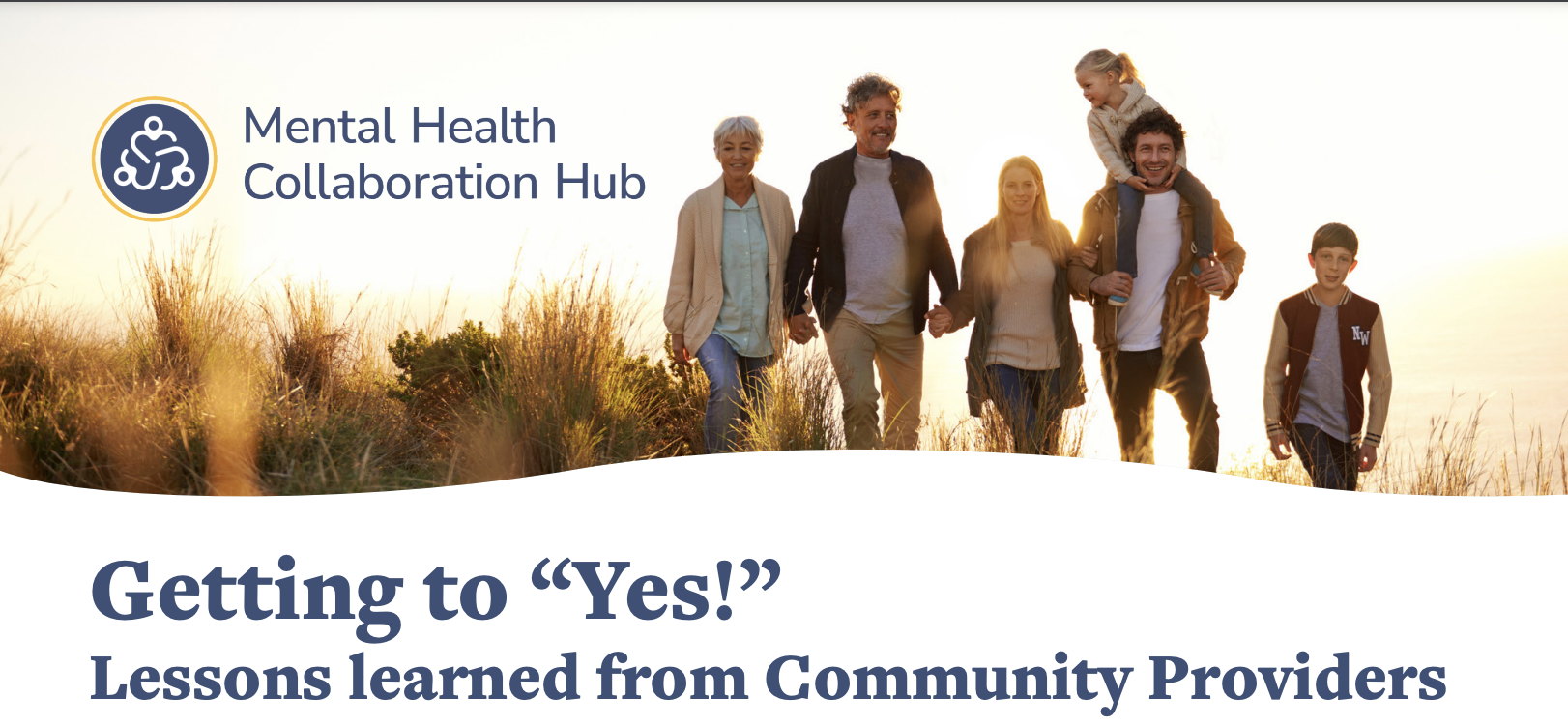In August 2022, hospital systems and child and family service providers started a grassroots effort to share ideas and resources to get to yes and deliver appropriate community-based care for children boarding in hospitals.
Designed to capture data and track outcomes, this effort has yielded valuable data and become a venue to identify barriers to care. The Mental Health Collaboration Hub is focused on children who are boarding and do not meet criteria for a hospital level of care. The model replicated the centralized communication strategy used during the COVID-19 pandemic which was supported by the coordination and leadership Metro Health Care Coalition.
- The collaboration launched with the consensus that it was better to attempt to coordinate resources to serve children who are boarding than to do nothing.
- Children are boarding in Juvenile Detention and “hoteling” with counties in addition to boarding in hospitals, the Hub has invited these systems to also engage and have had limited success in fully expanding to meet these unique system needs.
- Relationships are critical to Getting to Yes – within the MHCH and for designing solutions for children.
- Creating shared understanding of systems and networking is foundational to individualizing services for children.
- Clinical decisionmakers are essential to better understand the unique assets and challenges to provide individualized care.
- Transparency and candor are key features – to the extent it can be achieved with client and systemic limitations.
- Foster care is important and underrecognized as a critical factor to support children to access care in the community
- All systems players are required to design “yes” solutions (community providers, safety net providers, counties, state, and client/family/natural supports).
- Individualization is critical and challenging to achieve – due to barriers of information, timing, training and capacity to design individualized responses in an environment of scarcity.
- Liability concerns for both the boarding setting, and possible treatment setting are added barriers.
- The ability to support a child with unsafe behaviors is challenged by: staffing (ability to staff 1:1), training (equipping staff to best support the child), milieu safety concerns, insufficient information shared with the service providers.
- Care needs often fall within numerous disconnected service silos, requiring bespoke coordination for optimal intervention.
- Families are often not able to fully engage; they have been challenged with the lack of care and are reluctant to trust, often mired in their own life challenges, and other complexities can make full participation difficult or impossible.
- We need greater flexibility in residential care – especially group home level of care where services can be individualized and where children are able to experience stability.
- Counties authorizing payment for care in a timely manner is a common barrier.
Looking Forward
- The Mental Health Collaboration Hub will continue to gather data and perspective that is otherwise not available in our system; including learning from care pathways that come from discussions and collaborative work.
- Leverage growing dataset to create shared understanding between providers and policymakers.
- Identifying resources to support creative service solutions and expedite care when there are delays for the payor is an opportunity to improve outcomes and pilot solutions that may have greater systemic application.
- Collaborate with the newly stood-up Acute Care Transitions team within DHS to swiftly identify and execute the systemic flexibilities and enhanced funding required to get to yes for children boarding.

